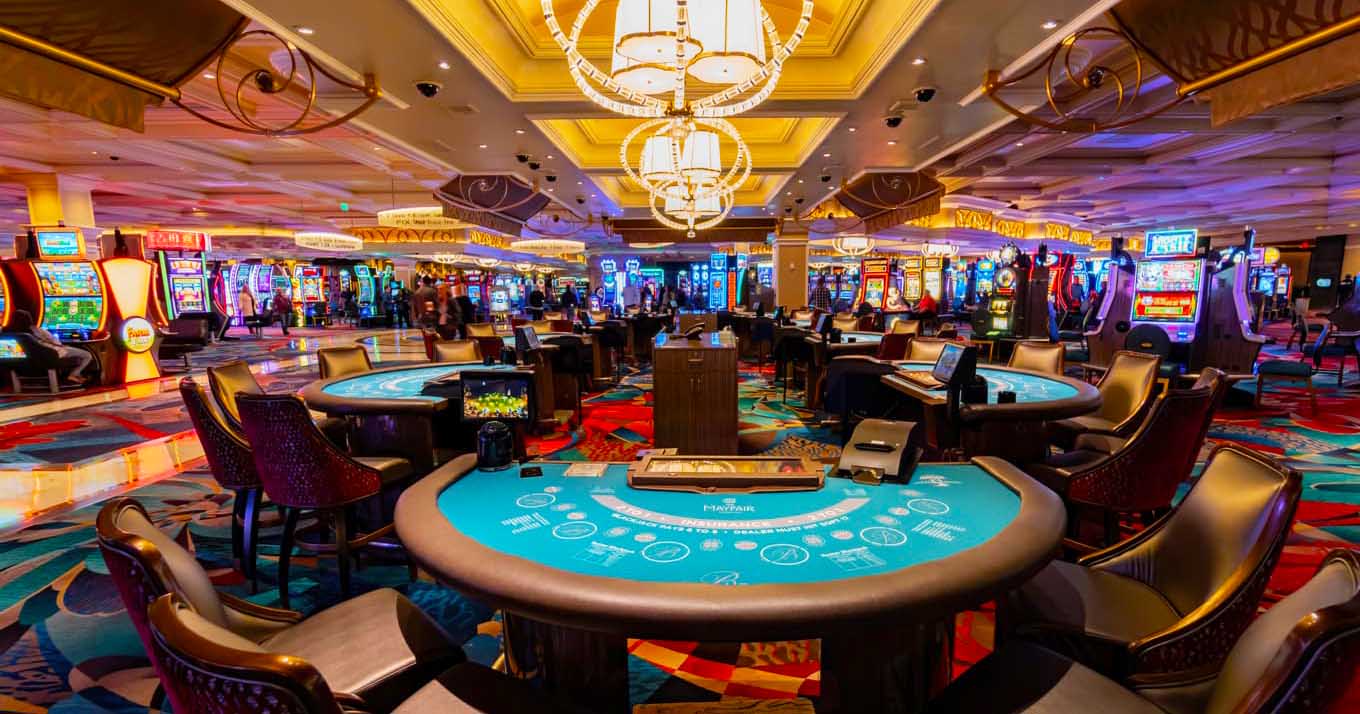
Casino gaming has long been a topic of interest and controversy, attracting millions of players globally. With a blend of luck, strategy, and the excitement of uncertainty, casino games offer an exhilarating escape from everyday life. However, as entertainment becomes ever more available, it calls for a deeper examination of the morality surrounding these games.
At the heart of the debate lies the question of whether casinos promote responsible gaming or exploit at-risk individuals. The appeal of potential winnings versus the truth of losses can create a complex situation, and understanding this balance is crucial for both players and operators. As we delve into the morals of casino gaming, we will explore the duties of casinos, the impact on society, and the measures that can be taken to foster a better gaming environment.
The Impact of Casino Gaming on Society
Gambling in casinos has a considerable influence on the community, affecting not only the economy but also social behaviors and local frameworks. The funds generated from casinos can lead to job creation and boost regional economies, as they provide numerous employment opportunities in multiple fields including food and beverage, leisure activities, and retail. However, while the economic advantages can be significant, communities often struggle with the possible negative impacts that arise from higher gambling activity.
Additionally, the presence of casinos can lead to an increase in gambling addiction, presenting significant challenges for players and families. The thrill of casino games can quickly evolve into a habitual habit, affecting personal relationships and leading to financial instability. Many players may find it difficult with the loss of control over their gambling behaviors, resulting in a need for assistance programs and interventions to address this increasing issue. The social cost of addiction can ripple through kinships and neighborhoods, creating an urgent need for responsible gaming initiatives.
In addition to the economic and social consequences, casino gaming often reflects cultural attitudes towards uncertainty and entertainment. It can foster a sense of joy and leisure, attracting visitors and boosting local travel. However, this allure may also conceal the wider implications of gambling as a form of entertainment, provoking ethical questions about its promotion and availability. As communities weigh the benefits and disadvantages of casino gaming, the need for sensible approaches and oversight becomes increasingly critical in ensuring that the positive aspects are enhanced while minimizing the potential harms.
Moral Concerns in Betting Practices
The morality of gambling gaming often center around the risk for addiction and its effects on people and families. Betting can lead to serious monetary distress, impacting not only the betters but also their loved ones. As people become caught in the allure of winning, many lose sight of their financial limits, which can result in devastating outcomes such as insolvency. This raises ethical questions about the duty of casinos in fostering safe gaming practices and providing support for those who may be struggling with betting addiction.
Another critical concern is the advertising of betting to at-risk populations. Gambling establishments often aim at low-income individuals or communities with the promise of quick gains, which can continue patterns of poverty and despair. In this context, the morality of advertising strategies used by gambling establishments come under examination, as they may exploit the need of people seeking an way out from financial hardships. This exploitation raises ethical questions about the honesty of the gambling industry and its obligation to safeguard its most at-risk customers.
Additionally, the effect of casino operations on the community as a entirety cannot be overlooked. While some argue that casinos create employment and stimulate local economies, others point to the community costs associated with problem gambling, increased crime rates, and a burden on public resources. Balancing financial advantages with the risk for community issues presents a complex ethical dilemma for lawmakers and casino operators alike. The difficulty lies in finding a responsible approach that prioritizes the welfare of individuals and society while still allowing for the pleasure of gambling activities.
Oversight Framework and Obligations
The oversight system related to gambling games is developed to ensure fairness, honesty, and participant safety. Various government bodies and casino commissions create and enforce regulations that dictate how gambling operations operate, the standards for game creation, and the processes for managing rewards. These regulations differ by jurisdiction but commonly involve permit requirements for operators and strict measures to prevent cheating and fraud.
In addition to governing bodies, gambling operators bear major accountability in upholding ethical standards within their facilities. They must implement responsible gaming practices that promote gambler security and awareness, including presenting self-exclusion options and sharing information about the risks related to gaming. Establishments are also responsible for instructing workers to recognize signs of compulsive gaming and understand the proper actions to help patrons in distress.
Furthermore, openness in casino operations is crucial for earning and preserving public confidence. Gaming establishments should provide clear information about the chances of activities, advertising deals, and any associated dangers. non GamStop slots By promoting an environment of transparency and responsibility, gambling establishments can help reduce the possible harmful impact of gaming while boosting the complete gambling experience for all participants.
